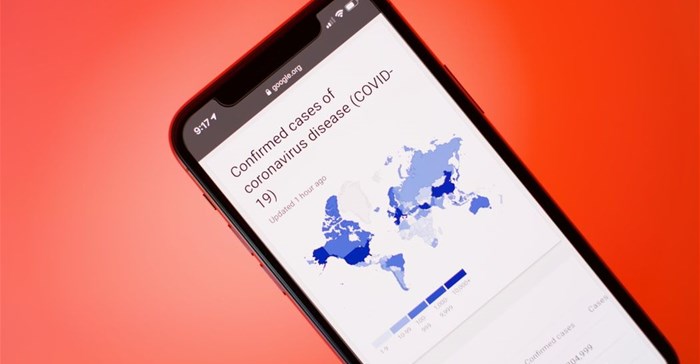
Under those circumstances, organisations could afford to exist without crisis management plans but could still survive major local or national crisis events by simply pulling together internal resources, appoint a PR firm and work flat-out around the clock for a number of days to contain the crisis.
Once the crisis is contained those who sacrificed their limbs, and weekends fighting it out would be congratulated, receive rock-star status, and victory will be declared. Once things quieten, life goes back to normal and everyone forgets about what had just happened.
Those who are familiar with future gaps and vulnerabilities would keep on praying silently, hoping that another one never strikes soon. The attitude is: “If it happens again we will survive it, just like we did with the previous one”. The organisational vulnerabilities are never included in the strategy and managed through strategic public relations programmes.
Over the years, this becomes an exhausting and never-ending cycle for managers as well as the PR staff who are mainly at the frontline working as firefighters during such a crisis.
So, organisations continue to be reactive. Life goes on without crisis management plans even when it is clear that future vulnerabilities could have devastating outcomes which may include possible loss of lives, serious damage to organisational reputation, compromise profitability or even result in a total shut-down, or an organisation going out of business and losing everything.
It is like playing Russian roulette, or “catch me if you can”.
Organisations that are crisis ready have the most advantage. They are able to cope better. Most importantly, they already have a crisis management team, a pre-crisis plan and a checklist which have assisted them to identify detailed risks areas, figured out plans for high-risk scenarios, trained staff and secured logistics including operational centres and the necessary equipment.
They have established crisis management protocols and everyone, including senior management and frontline staff, know exactly what do to in the event of a crisis. Most importantly, a crisis management PR firm is already contracted on an ad-hoc basis and media training and simulation exercise have been done. Senior management and everyone in the organisation is comfortable and battle-ready.
The Covid-19 epidemic has exposed global world leaders and those in charge of both public and private organisations about the strategic importance of being crisis ready to prepare and mitigate high-risk scenarios. Organisations which are pro-active may survive but those who are reactive will face major consequences. For too long organisation thrived on a cycle of panic and reckless conduct.
Now is the time to invest in comprehensive preparations, detection, response and recovery plans. This is a critical lesson for all organisations to learn before it is too late.
